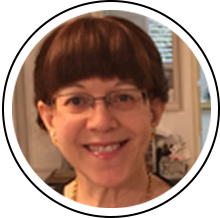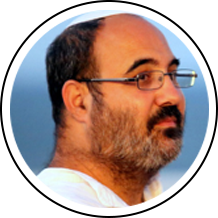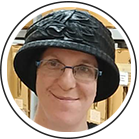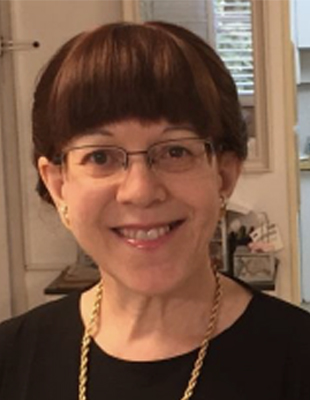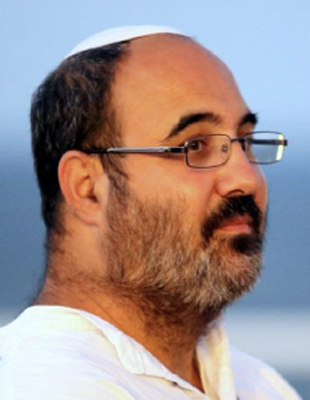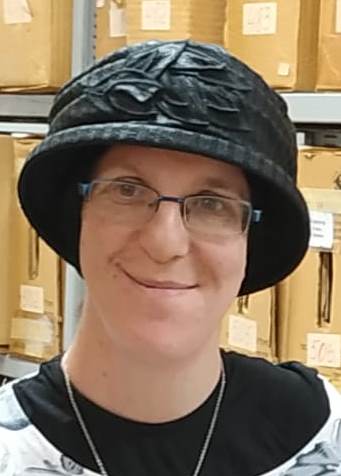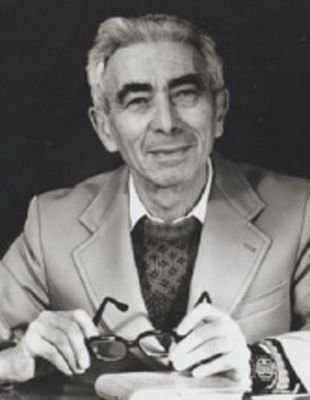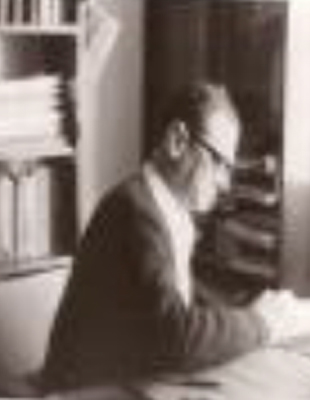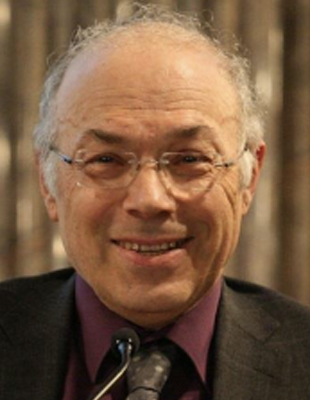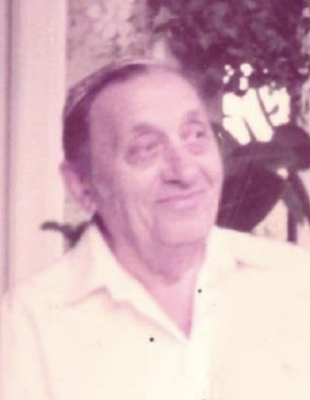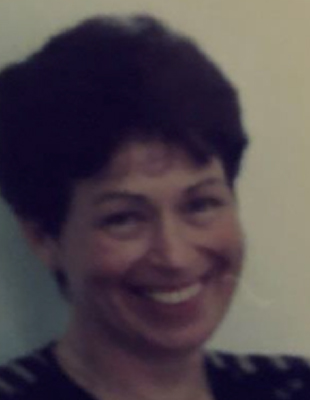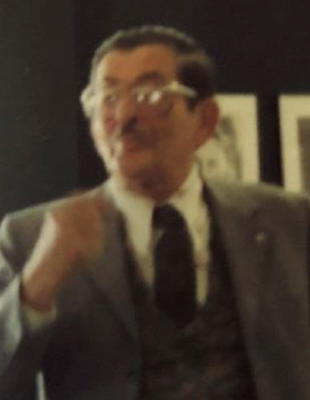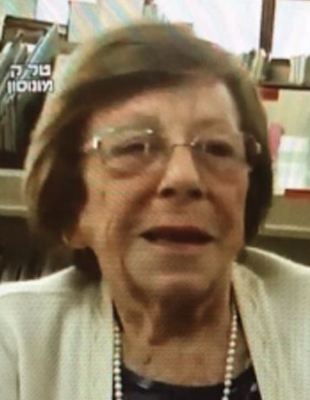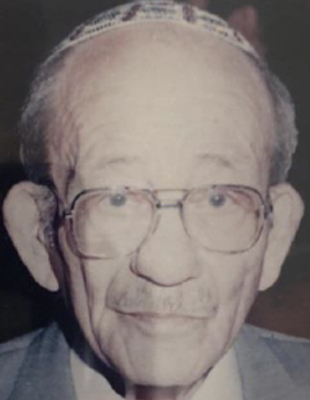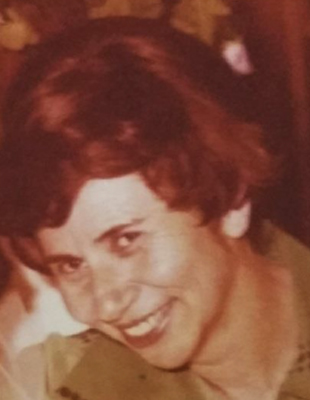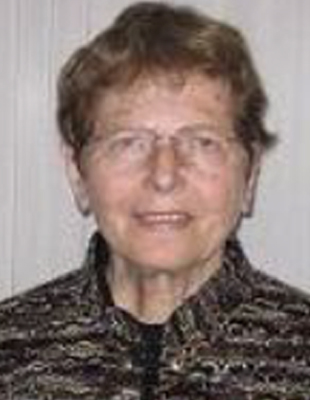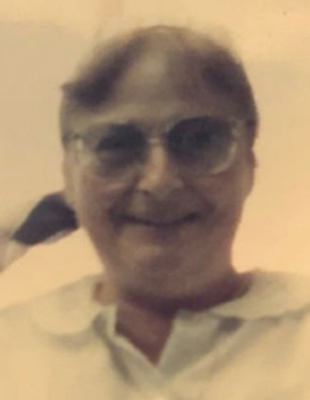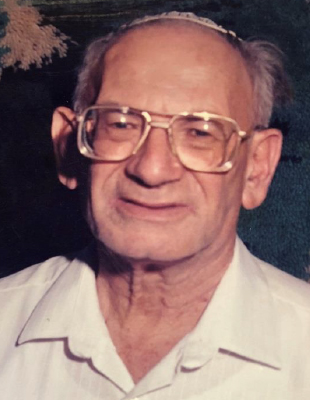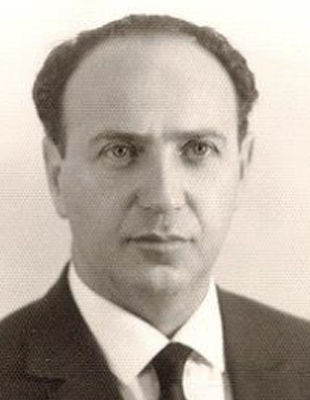The Arnold and Leona Finkler Institute of Holocaust Research and Institute for the Study of Diaspora Jewry
(Institute for the Study of the Jewish Diaspora in Modern Times)
The Institute for the Study of Diaspora Jewry was established at Bar-Ilan University in 1972 as a research and documentation center for the history of the Jewish people during the 20th century. It began operating in late 1973 under the directorship of Dr. (later Prof.) Joseph Walk, a specialist in Jewish education in Germany during the Holocaust.
During its first years the Institute did not have a permanent staff, a situation that only changed in 1975. At that time Leah Hanemann was appointed Institute secretary, and Menachem Eldar replaced Yehuda Lindenfeld as the Institute's librarian. Penina Meizish and Meir Edelstein, began working on a guide to the archives of religious organizations and institutes that held material about Orthodox Jewry during the Holocaust. In 1978 Meir Edelstein left the Institute and returned to the Jewish Agency, and Penina Meizlish began studying communal Yizkor books as a source for charting the fate of Rabbis during the Holocaust.
Additional staff members were Dr. Yehuda Ben-Avner, who joined the Institute in 1975 and specialized in Orthodox German Jewry, and David Farkas who joined the Institute in 1978 and dealt with correspondence of Rabbi Samson Rafael Hirsch in conjunction with the Rabbi Samson Rafael Hirsch Chair that was headed for many years by Prof. Mordechai Breuer.
In 1980 a young MA student from the Department of Jewish History joined the Institute, Judy Tydor Baumel (later Prof. Judy Baumel-Schwartz) whose first assignment was to organize the Dworzecky collection. Additionally, she researched special prayers during the Holocaust and the fate of Jewish women during the Holocaust. She also founded and edited the Institute's Bulletin.
In 1981 the Arnold and Leona Finkler Institute of Holocaust Research was established in the Faculty of Jewish Studies at Bar-Ilan University, and it immediately joined the Institute for the Study of Diaspora Jewry under a joint administration. At the end of that year Prof. Walk retired and Prof. Nathaniel Katzburg was appointed Director of the two institutes. In 1983 Dr. (later Prof.) Dan Michman joined the Institute as its coordinator and between 1988 and 1990 served as Acting Director and in practice was responsible for the Spiegel and Brener chairs. In 1991, after Prof. Katzburg retired, he was appointed its official Director and became the Abraham and Edita Spiegel Family Professor in Holocaust Research and the Rabbi Pynchas Brener Professor in Research on the Holocaust of European Jewry. Prof. Michman served in this capacity until 2017 and was Director in practice for an additional year, until September 2018.
During the 1908s the Institute for the Study of Diaspora Jewry's name was changed to the Institute for the Study of Diaspora Jewry in Modern Times. Leah Hanemann passed away in 1984 and Zipporah Berman replaced her in office in 1985. In 1986 the Institute's veteran library, Menachem Eldar, passed away and a year later Ruth Berkeley, who had established the first public library in Neve Monosson, became the Institute's Librarian. She was assisted by Esther Drenger who joined the Institute's staff in 1987. After Ruth Berkeley retired in 2000, Esther Drenger headed the library until she retired in 2017. In 1988 David Farkas left the Institute's staff due to ill health.
During the 1980s a number of new researchers joined the Institute. From 1984 to 1987 Dr. Dov Evron, former principal of "Zeitlin" high school, explored the activities of the religious Zionist youth movements in inter-war Poland. From 1985 to 2003 Rivka Knoller, a Jewish History graduate, began mapping out contemporary antisemitism. In 1987 Dr. Hava Eshkoli began examining the religious Zionist movement during and after the war, and exploring the territorial solutions offered to Jews during the war. Between 1987 and 1991 Dr. Yosef Karniel, a former educator, began studying Orthodox Jewry in inter-war Austria.
For almost a decade the Institute's staff remained stable. In 2000 Dr. Yehuda Ben-Avner passed away. In 2002 Prof. Judy Baumel-Schwartz left the Institute when she was appointed Chair of the Graduate Program in Contemporary Jewry. That same year the Faculty of Jewish Studies closed the Institute for the Study of Diaspora Jewry in Modern Times. In 2003 Dr. Penina Meizlish left the Institute, and in 2004 Zipporah Berman left the Institute's administrative staff. She was replaced by Esther Drenger who began working in the office in addition to heading the library. In 2010 Dr. Mali Eisenberg joined the staff as a researcher, and after Esther Drenger's retirement in 2017 she headed the office until 2018.
In October 2018 Prof. Judy Baumel-Schwartz was appointed Director of the Institute of Holocaust Research. At that time, Dr. Itzik Pass joined the staff as a researcher and coordinator. He is also the coordinator of the "Spiegel Fellows" program, an interdisciplinary research community under the Institute's auspices. In December 2019 Aliza Adelman, Director of the Religious Zionist Archives, joined the Institute Staff as Internet Coordinator. Together with close to fifty researchers from various fields, Dr. Hava Eshkoli and Dr. Mali Eisenberg are continuing their research as "Spiegel Fellows".
|
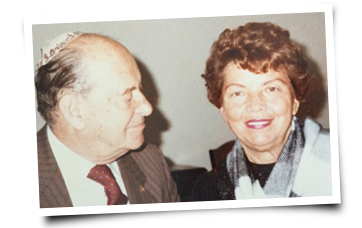
Arnold and Leona Finkler
Arnold (Abraham) Finkler was born in Radoszyche, Poland in 1907. He was the son of Chava (née Teneworczel) and Rabbi Israel Joseph Finkler, the Admor of Radoszyce, and grandson of the well-known Chassidic Rabbi Yisachar Dov Finkler (the "Saba Kadisha"). Before the war he was a teacher and translator. At the war's outbreak he bribed a Nazi official in order to save 400 Jews. During the war his first wife, Esther Rivka Helmar, daughter of Rabbi Yitzhak Shmuel Helmar of Alexander, was murdered in Treblinka along with their son Isaac Samuel. Arnold Finkler managed to escape from a labor factory along with two of his brothers, Yitzhak and Berl, and joined the partisans in the woods.
After the war he married Leona (Leah) Lanienter, (b. 1918) a Holocaust survivor who had gone through eight Nazi camps. In 1948 the couple moved to Canada where Arnold initially sold insurance and fixed houses. The Finklers had two daughters, Patricia (Friedland) and Marilyn, who passed away from illness in 1975 at age 19.
In 1981 Arnold and Leona Finkler established the Institute of Holocaust Research at Bar-Ilan University to promote Holocaust research and commemoration. Both Arnold and Leona Finker were active in a number of Jewish and survivor organizations in Canada. On April 9, 1989 (4 Nissan 5749) Arnold Finkler passed away, and for the next seven years Leona Finkler continued his philanthropic work. On February 20, 1996 (20 Shevat 5756) Leona Finkler passed away leaving a daughter, son-in-law, and grandchildren.
|
